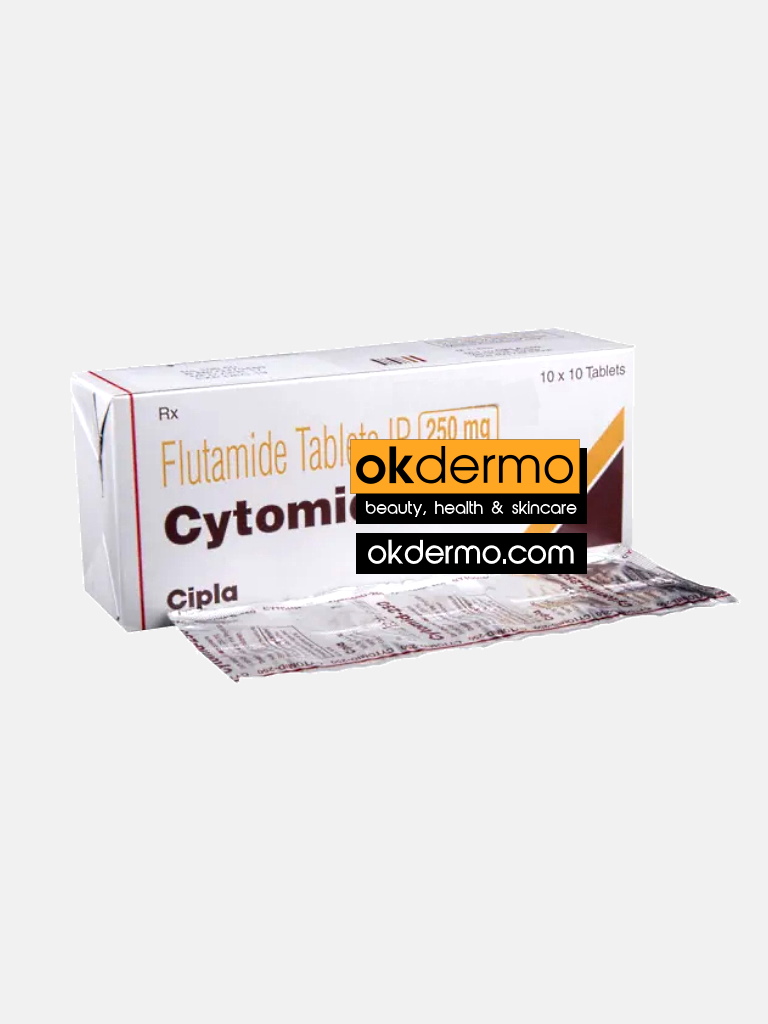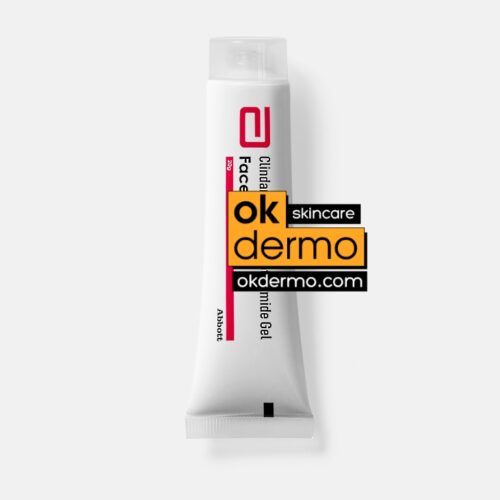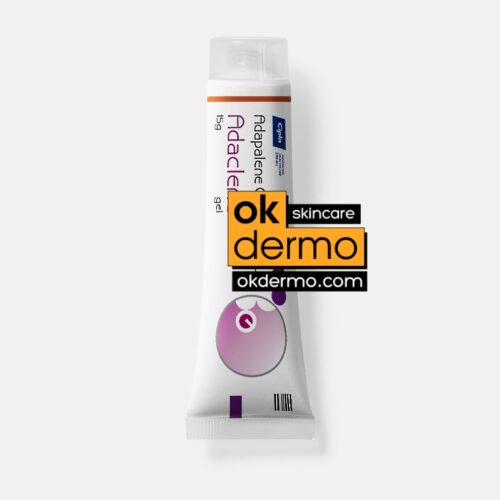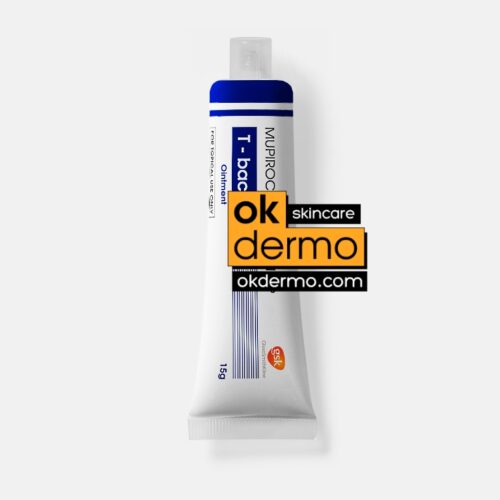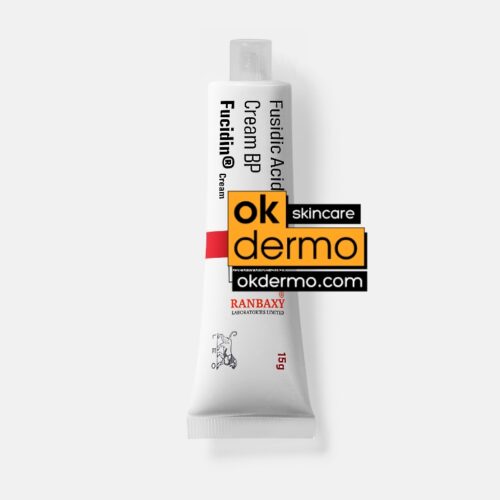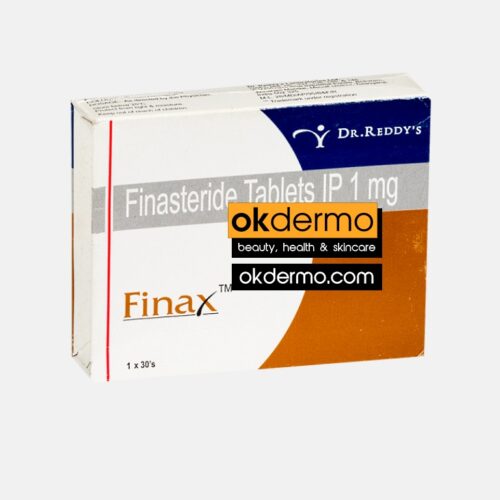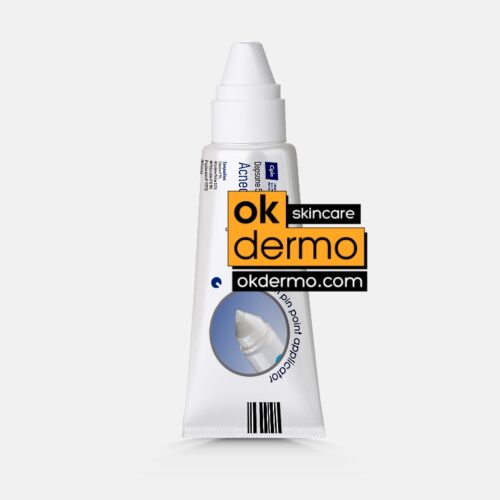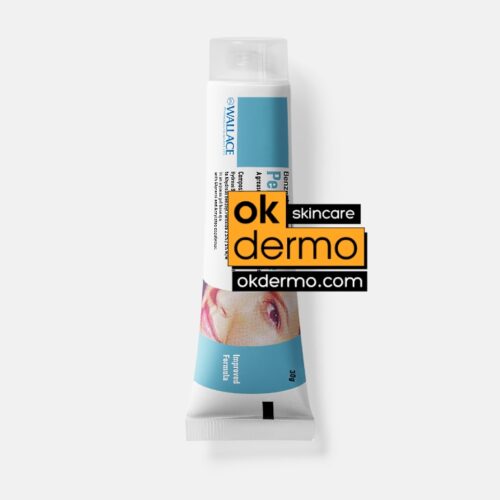Description
What is Flutamide 250mg Cytomid®?
Cytomid® tablets are used in androgen-dependent cancer treatment and conditions of hirsutism or polycystic ovarian syndrome. It contains the potent antiadrenergic compound flutamide. It reduces circulating androgen levels in women who complain of male pattern hair loss, hirsutism, or polycystic ovarian disease.
Flutamide treats acne caused by high functioning sebaceous glands. It clears off acne in young women with raised androgen levels. Due to its potent antiadrenergic effects, flutamide is a valuable agent for treating prostate tumors. It is the prototypical drug in the class of antiandrogenic drugs. The FDA approved flutamide only in the management of metastatic prostate cancer. The most common off-label use of flutamide is hirsutism and acne treatment in polycystic ovarian syndrome.
Cytomid®, the medication that is used to treat men with prostate cancer. Flutamide belongs to a class of drugs known as anti-androgens (anti-testosterone). Testosterone, a natural hormone, helps prostate cancer to grow and spread. Flutamide works by blocking the effects of testosterone, thereby slowing the growth and spread of prostate cancer. Flutamide 250mg may be also used to treat other conditions, as determined by the doctor. It works by blocking the effects of male hormones such as testosterone.
The prostate gland is a small walnut-sized gland that produces a fluid called seminal fluid that nourishes and transports sperms in males. The most common symptom of prostate cancer is difficulty with urination, but sometimes there are no symptoms at all. Cytomid 250 decreases or stops the growth of cancer cells by decreasing the amount of testosterone (a natural hormone in males) in men. This also relieves difficulty in passing urine and makes it easier for you to urinate.
Cytomid 250 Tablet should be taken with or without food, preferably at a fixed time every day. Your doctor will decide what dose is necessary and how often you need to take it. This will depend on what you are being treated for and may change from time to time. You should take it exactly as your doctor has advised. Taking it in the wrong way or taking too much can cause very serious side effects. It may take several weeks or months for you to see or feel the benefits but do not stop taking it unless your doctor tells you to.
Breast enlargement in males, sleepiness, nausea, and vomiting are some very common side effects of this medicine. Other than this, yellowing of the skin, loss of appetite, shortness of breath, abdominal pain, dark urine, and skin rashes are some side effects that require immediate action. Regular blood tests are required to check your blood cells along with liver function during treatment with this medicine. It makes your skin more sensitive to sunlight, hence take extra caution while going out.
Before taking it, tell your doctor if have diabetes, liver, or kidney problems or are taking any medicines to treat infections. Many other medicines can affect, or be affected by, this medicine so let your doctor know all medications you are using. This medicine is not recommended during pregnancy or while breastfeeding. It may harm your baby. The use of effective contraception by both males and females during treatment is important to avoid pregnancy. You may be asked for regular monitoring of blood glucose levels while on treatment.
Cytomid in Hirsutism Treatment
Hirsutism affects up to 10% of women worldwide. Hirsutism is the growth of dark, thick hair in skin areas that should be hairless in women, such as the chin, lips, abdomen, and thorax. The causes of hirsutism all have the shared mechanism of high androgens activity like polycystic ovarian disease and menopause. In genetic predisposition to hirsutism, women are born with follicles that are hypersensitive to androgens.
Women are born with all the hair follicles they will have in life. Hirsutism does not cause the new sprouting of new hair follicles. It merely stimulates the fine, short, and light-colored vellus hair to transform into terminal male pattern hair. This transformation occurs in areas predisposed to androgen sensitivity.
Hirsutism poses the problem of hair removal. Dermatologists do not advise shaving hair in face areas because the facial skin is soft and repetitive friction causes the face skin texture to become coarse and rough.
Laser therapy is the optimal choice only in white skin. Although this hair removal method gained a lot of acceptance, it still has some limitations. Repetitive sessions are needed to achieve the wanted results.
Laser therapy is safe only in white skin. Olive skin and darker tones tend to have postinflammatory hyperpigmentation. This complication results in darker skin color where the laser is applied. The subsequent contrasting skin color mimics hirsutism in the lips or chin even if there are no hairs in the area.
Unfortunately, the process of vellus hair transformation into terminal hair is irreversible. Thus, no medical treatment can reverse the condition of affected hair follicles. Antiandrogen bind into the androgen receptor blocking its activity. Flutamide showed to have equal or greater efficiency than other hirsutism medications. However, flutamide does not have a good safety profile.
Flutamide Side Effects
Flutamide has a dark bow warning. It causes hepatotoxicity that may lead to hepatic failure. Although rare, deaths and hospitalizations have occurred. Cholestatic hepatitis, in which liver cells necrose and die, can cause serious health complications.
The hepatotoxicity of flutamide is the result of its metabolite hydroxyflutamide. It deactivates enzymes in mitochondria. With mitochondrial dysfunctioning, liver cell respiration ceases, and subsequent necrosis occurs.
Liver failure happens at the frequency of 0.03% (3 in 10000 users) and it usually occurs in the first three months of treatment.
What is Eulexin Generic?
Flutamide, sold under the brand name Eulexin among others, is a nonsteroidal antiandrogen (NSAA) that is used primarily to treat prostate cancer. It is also used in the treatment of androgen-dependent conditions like acne, excessive hair growth, and high androgen levels in women. It is taken by mouth, usually three times per day.
Side effects in men include breast tenderness and enlargement, feminization, sexual dysfunction, and hot flashes. Conversely, the medication has fewer side effects and is better tolerated in women with the most common side effect being dry skin. Diarrhea and elevated liver enzymes can occur in both sexes. Rarely, flutamide can cause liver damage, lung disease, sensitivity to light, elevated methemoglobin, elevated sulfhemoglobin, and deficient neutrophils.
Flutamide acts as a selective antagonist of the androgen receptor (AR), competing with androgens like testosterone and dihydrotestosterone (DHT) for binding to ARs in tissues like the prostate gland. By doing so, it prevents their effects and stops them from stimulating prostate cancer cells to grow. Flutamide is a prodrug to a more active form. Flutamide and its active form stay in the body for a relatively short time, which makes it necessary to take flutamide multiple times per day. Flutamide was first described in 1967 and was first introduced for medical use in 1983. It became available in the United States in 1989.
Medical and Off-Label Uses of Flutamide
Skin and hair conditions. Flutamide has been researched and used extensively in the treatment of androgen-dependent skin and hair conditions in women including acne, seborrhea, hirsutism, and scalp hair loss, as well as in hyperandrogenism (e.g., in polycystic ovary syndrome or congenital adrenal hyperplasia), and is effective in improving the symptoms of these conditions. The dosages used are lower than those used in the treatment of prostate cancer. Aside from its risk of liver toxicity and besides other nonsteroidal antiandrogens, it has been said that flutamide is likely the best typically used antiandrogen medication for the treatment of androgen-dependent symptoms in women. This is related to its high effectiveness and minimal side effects.
Acne and seborrhea. Flutamide has been found to be effective in the treatment of acne and seborrhea in women in a number of studies. In a long-term study of 230 women with acne, 211 of whom also had seborrhea, very-low-dose flutamide alone or in combination with an oral contraceptive caused a marked decrease in acne and seborrhea after 6 months of treatment, with maximal effect by 1 year of treatment and benefits maintained in the years thereafter. In the study, 97% of the women reported satisfaction with the control of their acne with flutamide. In another study, flutamide decreased acne and seborrhea scores by 80% in only 3 months. In contrast, spironolactone decreased symptoms by only 40% in the same time period, suggesting superior effectiveness for flutamide for these indications. Flutamide has, in general, been found to reduce symptoms of acne by as much as 90% even at low doses, with several studies showing complete acne clearance.
Excessive hair growth. Improvement of facial hirsutism in a woman with hyperandrogenism before (top) and after (bottom) treatment with 125 mg/day flutamide and an oral contraceptive for 6 months (click image to view a larger version). Flutamide has been found to be effective in the treatment of hirsutism (excessive body/facial hair growth) in numerous studies. It possesses moderate effectiveness for this indication, and the overall quality of the evidence is considered to be moderate. The medication shows equivalent or superior effectiveness to other antiandrogens including spironolactone, cyproterone acetate, and finasteride in the treatment of hirsutism, although its relatively high risk of hepatotoxicity makes it unfavorable compared to these other options. It has been used to treat hirsutism at dosages ranging from 62.5 mg/day to 750 mg/day. A study found that multiple dosages of flutamide significantly reduced hirsutism in women with polycystic ovary syndrome and that there were no significant differences in the effectiveness for dosages of 125 mg/day, 250 mg/day, and 375 mg/day. In addition, a study found that a combination of 125 mg/day flutamide with finasteride was no more effective than 125 mg/day flutamide alone in the treatment of hirsutism. These findings support the use of flutamide at lower doses for hirsutism without loss of effectiveness, which may help to lower the risk of hepatotoxicity. However, the risk has been found to remain even at very low doses.
Scalp hair loss. Flutamide has been found to be effective in the treatment of female pattern hair loss in a number of studies. In one study of 101 pre- and postmenopausal women, flutamide alone or in combination with an oral contraceptive produced a marked decrease in hair loss scores after 1 year of treatment, with maximum effect after 2 years of treatment and benefits maintained for another 2 years. In a small study of flutamide with an oral contraceptive, the medication caused an increase in cosmetically accepted hair density in 6 of 7 women with diffuse scalp hair loss. In a comparative study, flutamide significantly improved scalp hair growth (21% reduction in Ludwig scores) in hyperandrogenic women after 1 year of treatment, whereas cyproterone acetate and finasteride were ineffective.
Transgender hormone therapy. Flutamide has been used as a component of feminizing hormone therapy for transgender women. At least two centers have been reported to use flutamide as an antiandrogen in transgender women. However, the use of flutamide for such purposes, as well as in cisgender women with androgen-dependent dermatological conditions, is discouraged due to reports of hepatotoxicity in men with prostate cancer at comparable doses.

